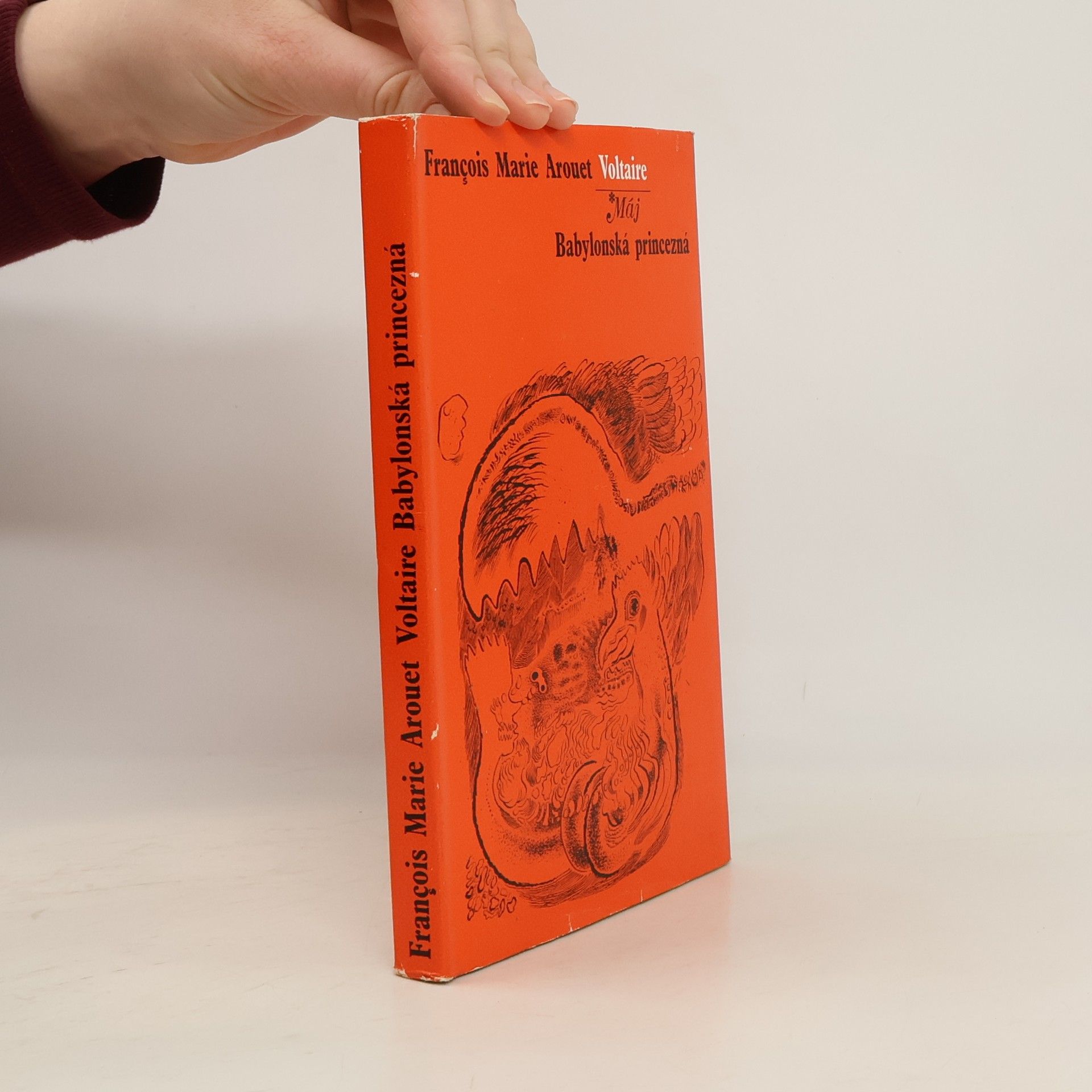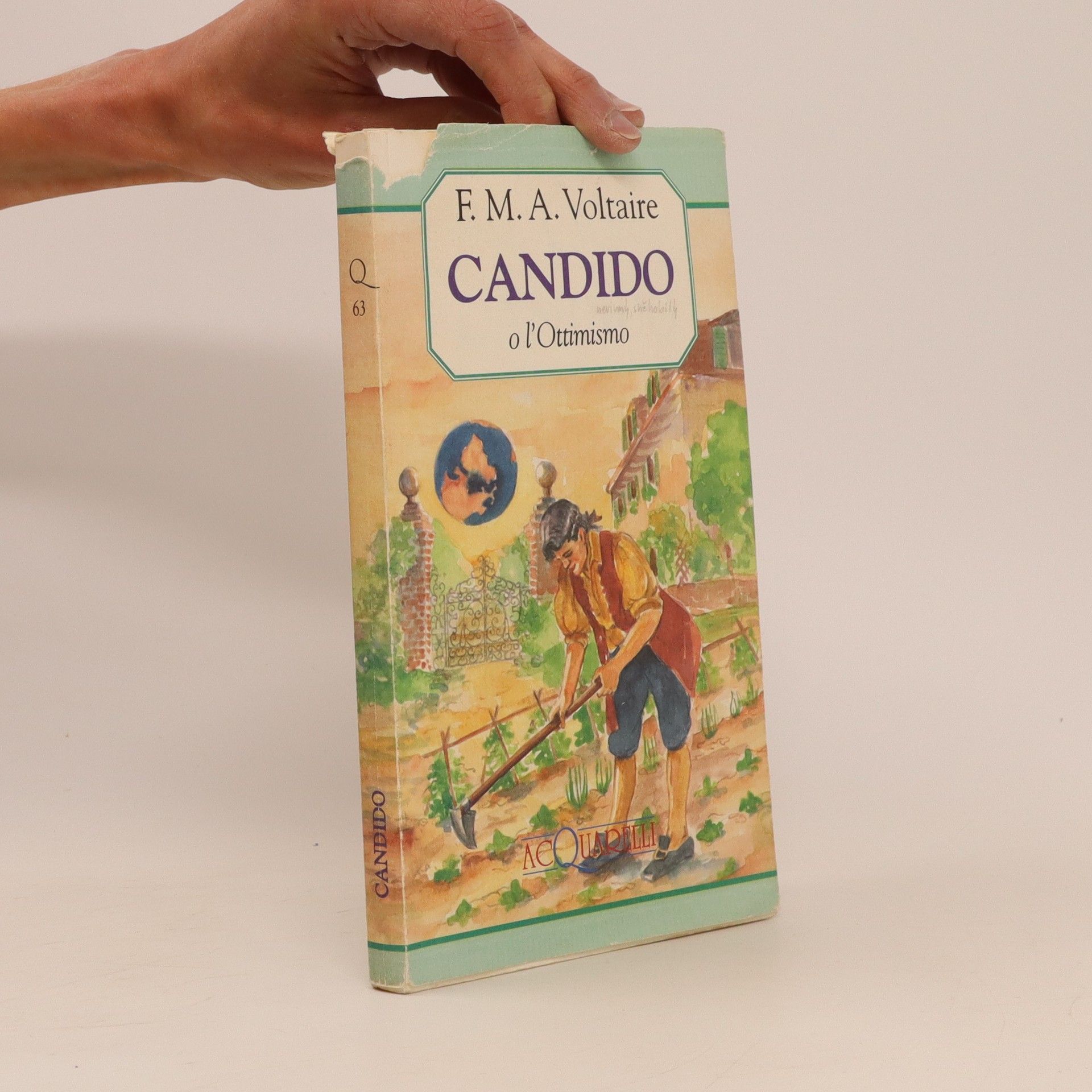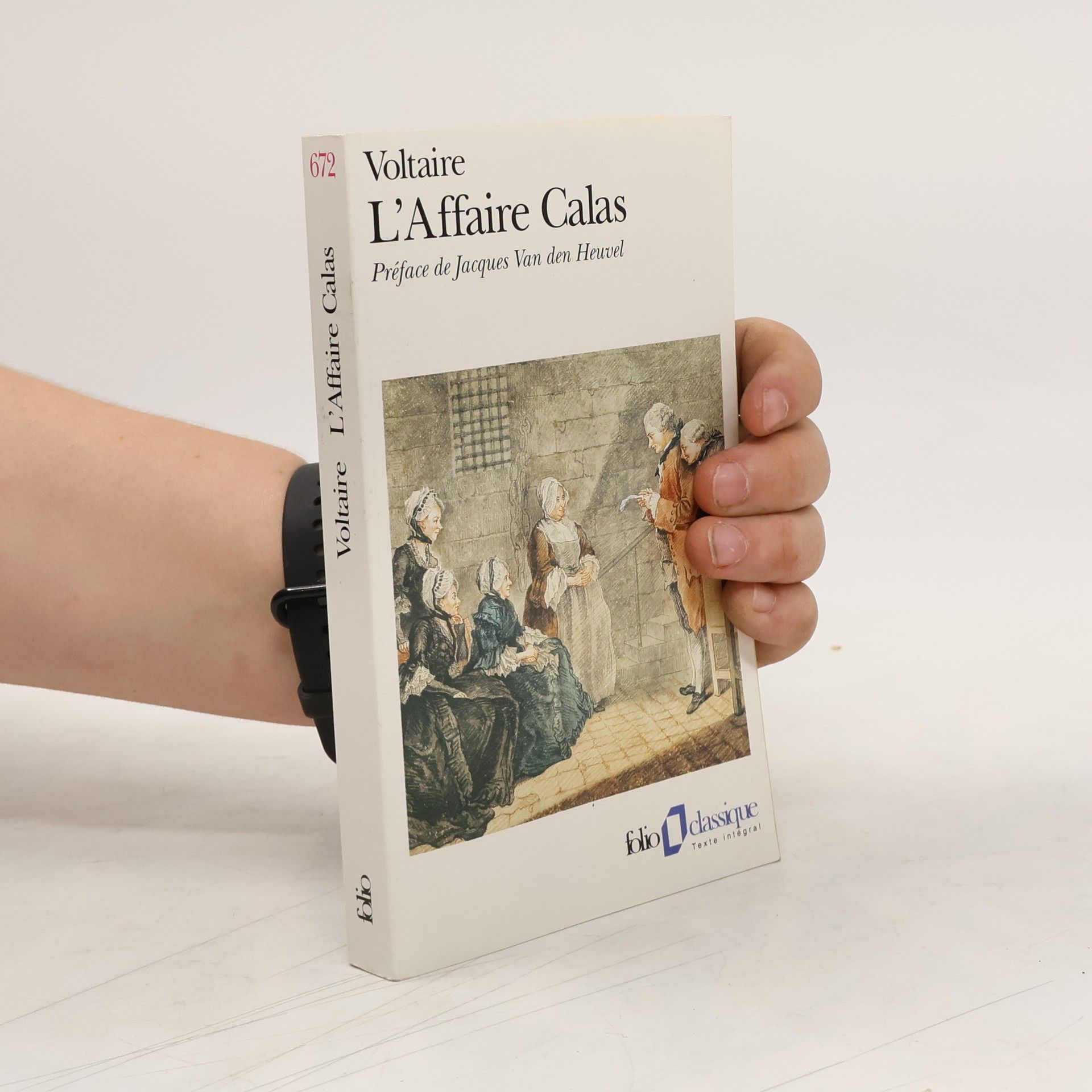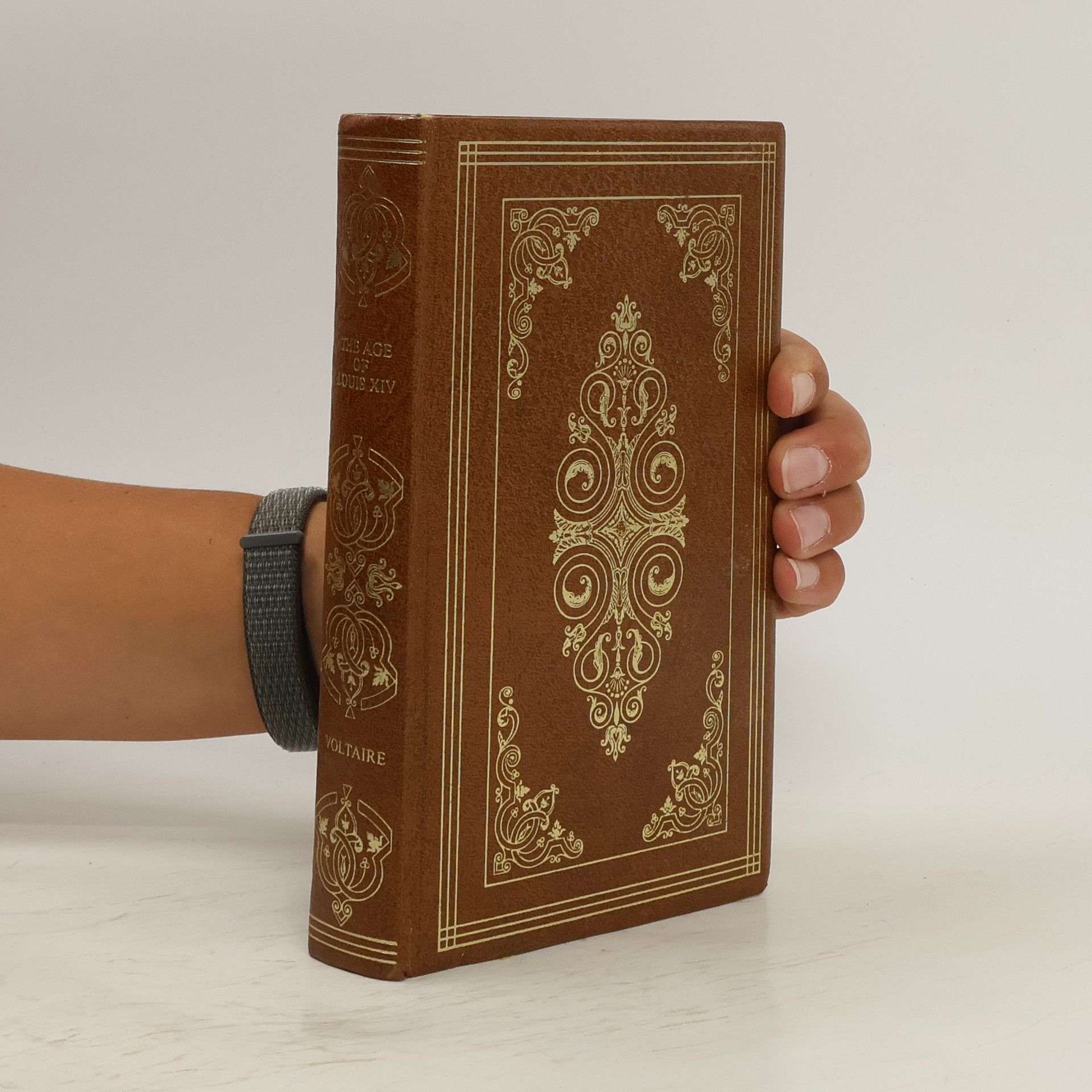François-Marie Arouet Voltaire Boeken
Voltaire, een vooraanstaand figuur van de Verlichting, werd geprezen om zijn scherpe en vaak satirische kritiek op religie, politiek en maatschappij. Zijn geschriften, doordrenkt van intellectuele nieuwsgierigheid en humor, daagden de orthodoxie van zijn tijd uit en pleitten voor rede en tolerantie. Met onvermoeibare energie produceerde hij toneelstukken, filosofische verhandelingen en geschiedenissen, waarin hij religieus fanatisme en onrechtvaardigheid fel aan de kaak stelde. Zijn proza kenmerkt zich door scherpe humor en een heldere, overtuigende stijl die nog steeds tot nadenken stemt.





Candido o l'Ottimismo
- 112bladzijden
- 4 uur lezen
Skvelé prózy známeho francúzskeho filozofa. Voltairov boj proti cirkvi a proti neporiadkom v štáte zapríčinil, že sa často musel skrývať pred svojimi prenasledovateľmi, i osobne i literárne. Prejavuje sa to, že zhusta používa vo svojich filozofických poviedkach bežnú formu alegórie. Dej obyčajne lokalizuje na miesta odľahlé časovo alebo priestorovo, hovorí o konkrétnych a aktuálnych problémoch svojej doby. Babylonskej princeznej dáva žiť niekoľko tisícročí pred Kristom, no jej cestu po svete komentuje poznámkami, z ktorých jasne vidno autorov dobový postoj k štátnemu zriadeniu rozličných krajín v 18. storočí. Babylonská princezná je jeho najlepšou originálnou poviedkou, ktorá pranieruje dobové mravy. V Prostáčikovi očami mladého Hurona sleduje rozporuplný obraz francúzskych pomerov po odvolaní Nantského ediktu.